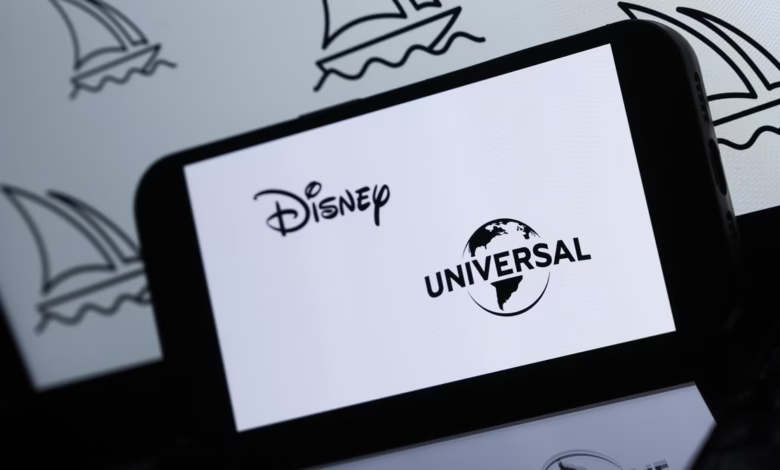Midjourney AI Sparks Outrage With Armed Disney Characters

▼ Summary
– Midjourney’s new AI video tool, V1, generates animated clips featuring copyrighted Disney and Universal characters, including Wall-E holding a gun.
– The tool requires an image as a starting point and does not support text-only prompts for video generation.
– Disney and Universal sued Midjourney for copyright infringement, alleging its outputs constitute “piracy” of their intellectual property.
– Midjourney implemented partial guardrails, blocking some character animations, but WIRED found ways to bypass them and generate clips of copyrighted characters.
– AI critics highlight Midjourney’s ongoing “visual plagiarism problem,” noting guardrails are ineffective and unlicensed material use persists.
Midjourney’s latest AI video tool has ignited controversy by generating animated clips featuring armed Disney characters, escalating tensions amid an ongoing copyright lawsuit from major studios. The generative AI startup recently launched its V1 video feature, allowing users to create short animations from uploaded or AI-generated images—though text-to-video functionality remains unavailable.
This development arrives just weeks after Disney and Universal filed a high-profile lawsuit against Midjourney, accusing the company of copyright infringement for producing images based on their intellectual property. While Midjourney appears to have implemented some content restrictions, testing reveals these safeguards are inconsistent at best.
During experiments, the platform blocked video generation for prompts involving characters like Elsa from Frozen and Mickey Mouse, displaying moderation warnings about “realistic videos of people.” However, the system readily produced animations of other copyrighted figures, including Homer Simpson, Shrek, and Star Wars droids. Clever phrasing or repeated attempts sometimes bypassed these filters entirely.
More alarmingly, the tool enabled the creation of clips showing beloved characters engaging in inappropriate behavior. Examples include Wall-E wielding a firearm and Yoda smoking a joint—scenarios likely to intensify legal scrutiny. The lawsuit already cites Midjourney’s image outputs as evidence of infringement, arguing that video capabilities would amplify unauthorized use of protected works.
Critics argue that despite advancements in AI graphics, fundamental issues around copyright and content moderation persist. Gary Marcus, an AI researcher who previously highlighted Midjourney’s “visual plagiarism problem,” notes little progress in addressing these concerns over the past 18 months. With lawsuits mounting and guardrails proving porous, the company faces growing pressure to overhaul its approach to intellectual property, or risk potentially crippling legal consequences.
(Source: Wired)





